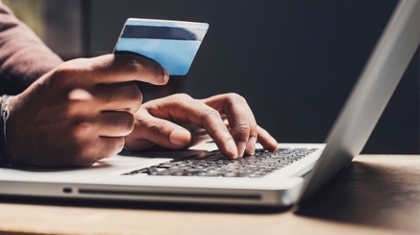Meanwhile, the FTC is facilitating millions of settlement claims in cash payments and credit monitoring services after a class action lawsuit found Equifax responsible for the 2017 data breach that exposed the personal information of 147 million people.
Despite the growth in business and financial technology sectors, consumers and businesses alike are increasingly at risk of becoming victims to cyber crimes.
In an article published by News@TheU, Tarek Sayed, a cybersecurity and privacy lecturer at Miami Business School and the University of Miami School of Law, offered insight into the prevelance of cyber threats and data theft.

“People will get hacked, it is a matter of when, not a matter of if and that’s how you should approach [data] security,” said Sayed. “If you assume you’re 100 percent secure, that’s probably a careless assumption.”
“Organizations in today’s environment must make sure they are protecting consumers’ data with the highest level of encryption possible and that they constantly review security measures because things are constantly changing,” Sayed added.
UM cybersecurity experts offered several ways for consumers to protect themselves from credit card fraud:
- Monitor your credit card transactions as much as you can. Set up email or text message alerts for every transaction, so you will know as soon as another person uses your credit card information.
- If you can avoid handing over your credit card to another person, do it.
- Change your passwords and login information for credit cards often, and use strong passwords that are not easily guessed.
- Try to use credit cards instead of debit cards for transactions. Credit cards have more purchase protections, whereas debit cards lead straight to your bank account.
- Whenever you have to swipe your card (often at gas stations or ATMs), look out for credit card skimmers, which are removable plastic overlays that use magnetic tape readers to steal your card's information. If there is a skimmer, do not swipe your card.
- Sign up for a credit monitoring service, so you can find out quickly if someone has tried to open a new card in your name.
- Most new credit cards come with a data sharing agreement, where customers can opt out from the data being shared by the credit card companies to third party affiliates. This is an important way to maintain data privacy.
To find out more, read the full article Think Before You Swipe from News@TheU.

